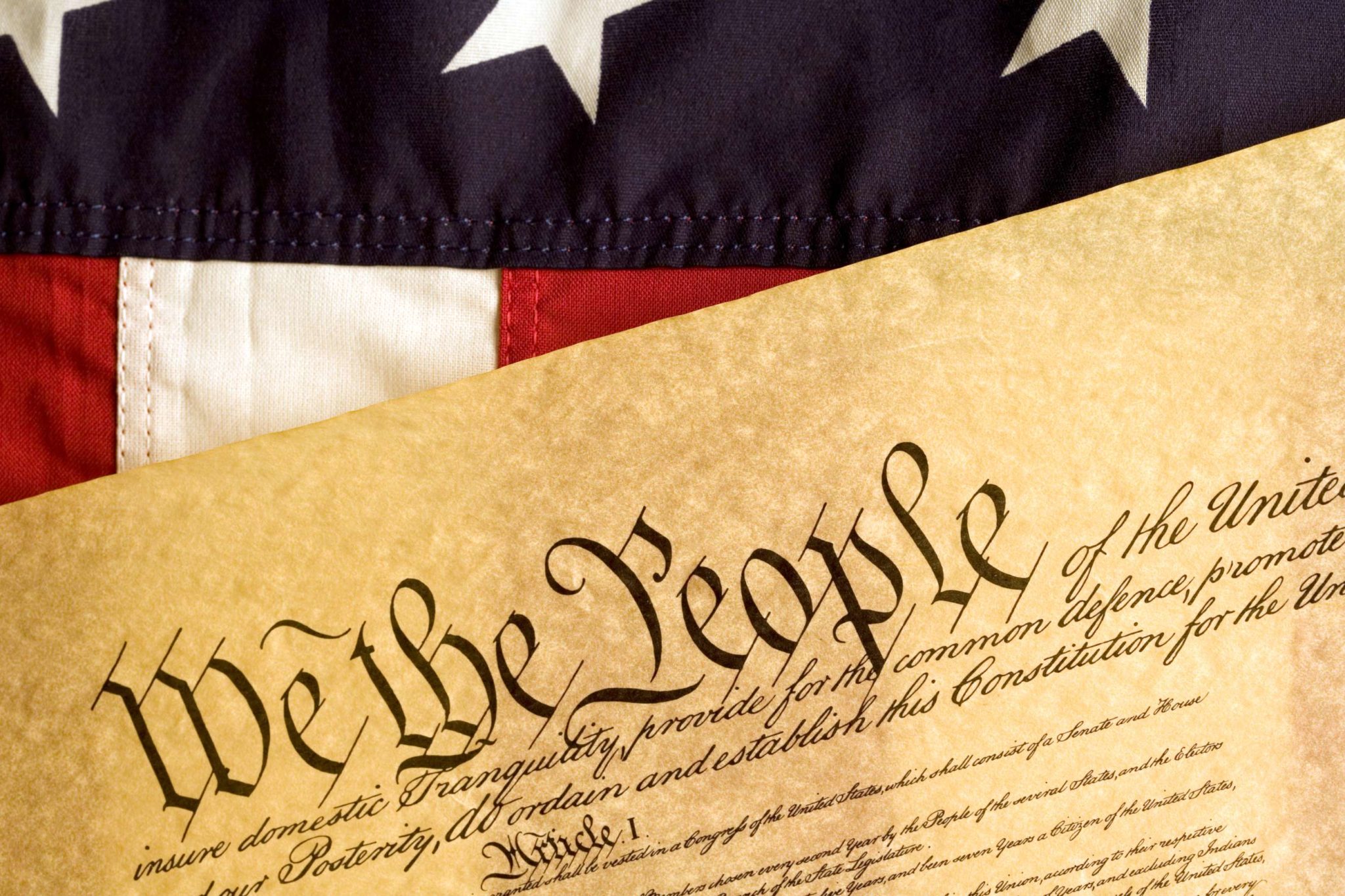Press Release
Mga Update at Pondo ng Senado sa Maryland na Programa ng Pampublikong Financing ng Gubernatorial

Advocates say update will help reduce role of wealthy and corporate donors in 2022 election
Annapolis – In a strong bipartisan vote (39-6), the Maryland State Senate has approved a bill to update and fund the state’s small donor public financing program for gubernatorial candidates. Senate Bill 415 is sponsored by Chairman Paul Pinsky and is cross-filed in the House of Delegates by Del. Jessica Feldmark (HB424).
Maryland’s current public financing system for the gubernatorial race was implemented in the 1970s. While only contributions up to $250 from individuals count towards seed money and are matched, individuals and non-individuals are able to make contributions up to $6,000, which is far greater than most Marylanders can afford. Under the current system, participating candidates can also accept money from businesses or corporations.
Noong 2020, naglabas ang Maryland PIRG Foundation ng isang ulat kung saan found that the people and entities that donate to Maryland’s Gubernatorial campaigns are not reflective of Marylanders who are eligible to vote in these elections
“For too long Maryland gubernatorial elections have been dominated by large and corporate donors,” explained Maryland PIRG Director Emily Scarr. “But thanks to SB415, things could be different in 2022. Candidates can spend time building support in communities instead of chasing big checks from wealthy donors and special interests.”
In 2014, after authorization from the state, Montgomery County became the first community in the state to establish a small donor public financing system for local elections. Since, Howard County, Washington D.C., Prince George’s County, Baltimore City, Baltimore County, and Anne Arundel County have established similar programs or are considering doing so. In Baltimore City, Baltimore County, and Howard County voters approved of the fund through amendments to the City and County charters. Pinatakbo ng Montgomery County ang kanilang unang halalan gamit ang system noong 2018, na nagpakita ng mga magagandang resulta.
“Small donor public financing for governor can expand opportunities to run for office so candidates who don’t have access to wealth or big donors, so more women and people of color can run competitive races for Governor” explained Karaniwang Dahilan ng Direktor ng Tagapagpaganap ng Maryland na si Joanne Antoine. “We are thrilled that the Maryland Senate is pushing to help build a more reflective and representative government.”
The existing gubernatorial public financing program was successfully utilized by Gov. Larry Hogan in his first run for office and has been used by other Republican and Democratic candidates. The bill updates the program to more strictly limit large and corporate donations; shifts the program to a tiered match; and ensures minimum funding for the program.
“Sa pamamagitan ng pagpaparami ng mga donasyon na $150 o mas kaunti, ang programa ng Fair Elections ay maglalagay ng mga maliliit na donor sa sentro ng halalan ng Maryland para sa gobernador, na nagpapataas ng pagiging patas sa pananalapi ng kampanya pati na rin ang mga pagkakataon para sa mga Marylanders na maimpluwensyahan ang kanilang resulta," paliwanag Rev. Kobi Little, Maryland NAACP Vice President and Political Action Chairman.
In order to participate in the updates small donor program for Governor, candidates have to file a notice of intent to make use of the fund, establish a new campaign account, and meet a few conditions:
- Dapat silang tumanggap lamang ng mga donasyon mula sa mga indibidwal, ng $250 o mas mababa.
- Dapat nilang tanggihan ang mga donasyon mula sa malalaking donor, PAC, korporasyon, iba pang kandidato at partidong pampulitika.
- Dapat nilang maabot ang pinakamababang limitasyon para sa bilang ng mga lokal na donor at halaga ng pera na nalikom upang ipakita na ang kanilang paghahangad sa pampublikong tungkulin ay mabubuhay.
- Kung ang isang kandidato ay sumang-ayon at natutugunan ang mga kundisyong ito, sila ay magiging karapat-dapat para sa limitadong pagtutugma ng mga pondo para sa maliliit na donasyon na ginawa ng mga residente ng Maryland.
###
